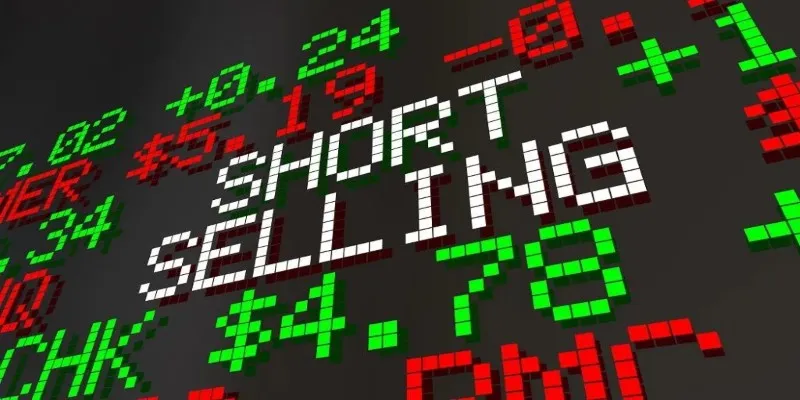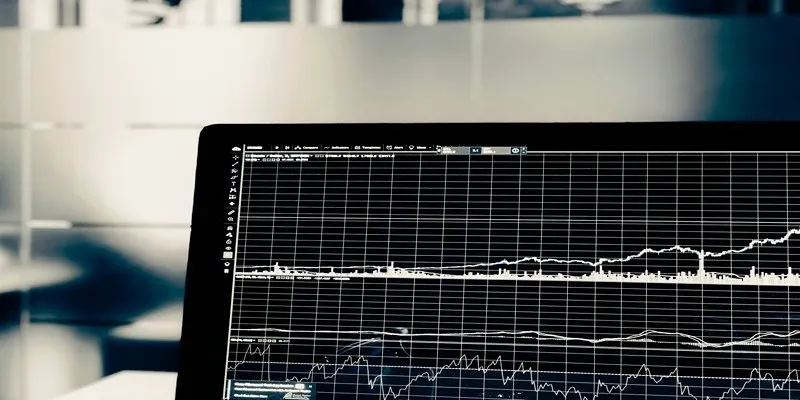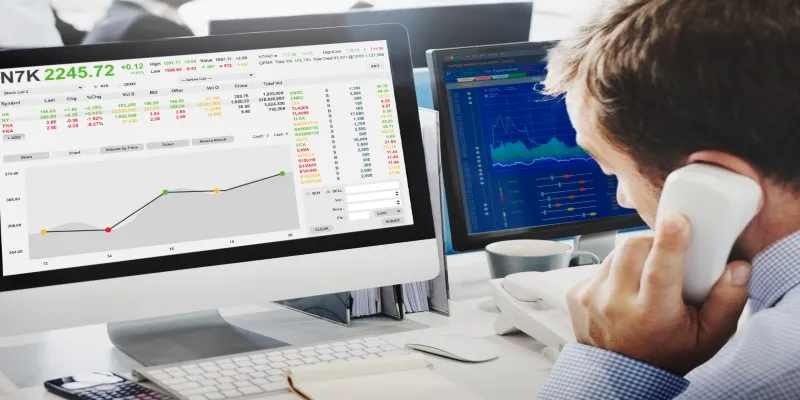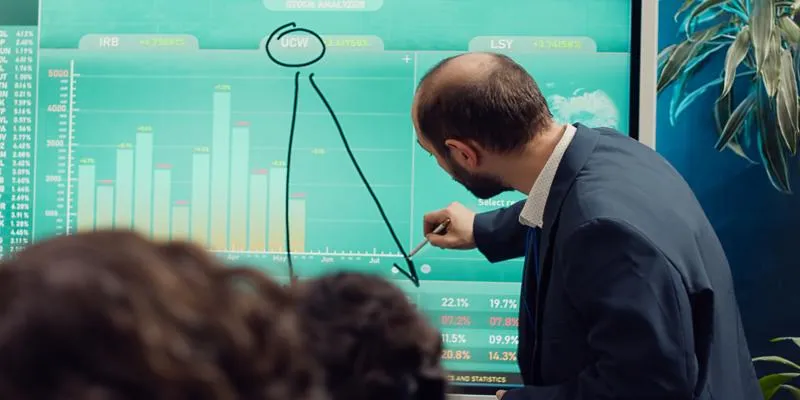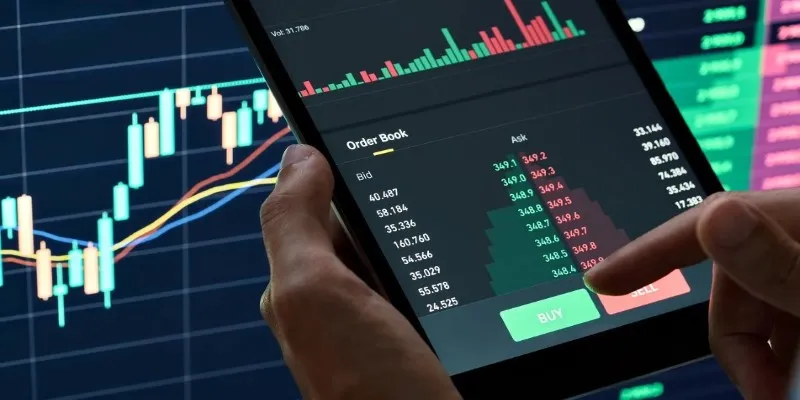What is the CAC 40 Index? A Simple Guide to Finances
The CAC 40 Index is a benchmark French stock market index, representing the 40 largest and most actively traded companies on the Euronext Paris. Investing in the stock market can feel like learning a new language, with countless terms and indices to understand. One of the most significant in Europe is the CAC 40 Index. If you’re curious about its relevance, you’re in the right place. We’ll break down everything you need to know about the CAC 40 Index.
What is the CAC 40 Index?
The CAC 40 Index, often referred to simply as the CAC 40, stands for “Cotation Assistée en Continu ,” translating to “Continuous Assisted Quotation” in English. It’s the leading stock market index in France, similar to the Dow Jones Industrial Average in the United States. The CAC 40 tracks the performance of the 40 largest and most liquid stocks listed on the Euronext Paris, the main stock exchange in France.
History of the CAC 40
Established on December 31, 1987, with a base value of 1,000 points, the CAC 40 was created to reflect the performance of the French stock market and serve as a benchmark for investors. Over the years, the index has become a key indicator of the health of the French economy.
Components of the CAC 40
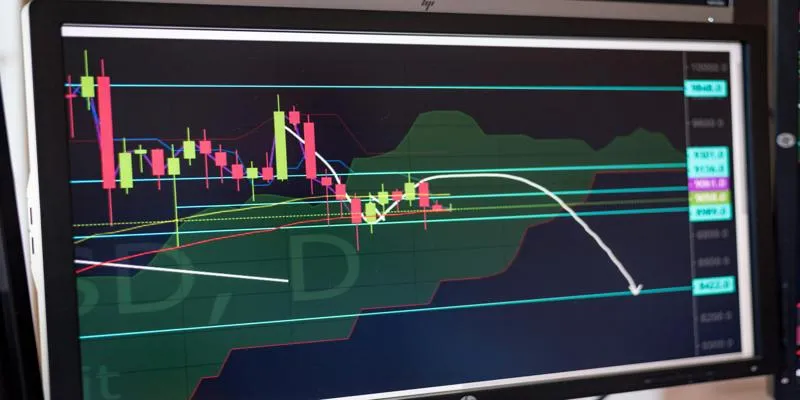
The 40 companies included in the CAC 40 are selected from the top 100 companies on the Euronext Paris based on market capitalization and liquidity. These companies span various sectors, including technology, finance, healthcare, and consumer goods. Some well-known companies in the CAC 40 include L’Oréal, TotalEnergies, LVMH (Louis Vuitton Moët Hennessy), and Airbus.
How is the CAC 40 Calculated?
The CAC 40 is a free-float market capitalization-weighted index. This means each company’s weight in the index is based on its market valuation, considering the number of shares available for trading by the general public (free float). The index level is calculated using the formula:
Index Level = \(\left(\frac{\text{Sum of Free-Float Market Caps of Index Constituents}}{\text{Base Value}} \right) \times 1,000\)
Why is the CAC 40 Important?
The CAC 40 serves several crucial functions:
- Market Barometer: It provides investors and analysts with a quick overview of market performance, serving as an indicator for the French stock market.
- Investor Benchmark: The CAC 40 is widely used by investment funds as a benchmark to assess their performance.
- Economic Indicator: The CAC 40’s performance is frequently used to gauge the state of the French economy.
How to Invest in the CAC 40?
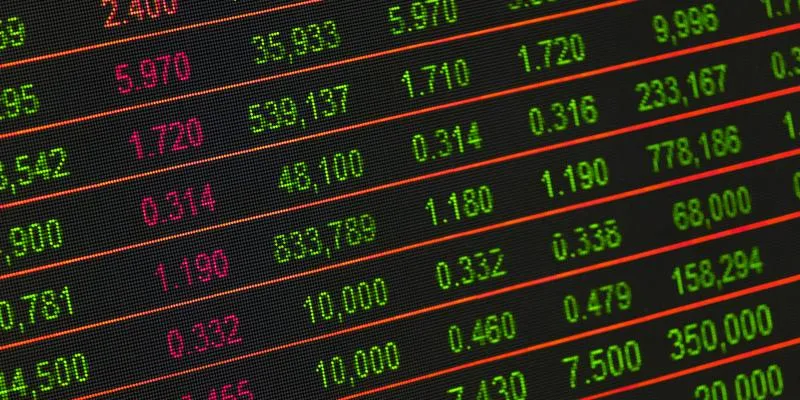
Investing in the CAC 40 can be done in several ways:
- Direct Stock Purchase: You can buy shares of the individual companies that make up the CAC 40.
- Exchange-Traded Funds (ETFs): ETFs that track the CAC 40 offer a straightforward way to invest in the index as a whole.
- Mutual Funds: Some mutual funds also track the CAC 40, providing another way to invest in the index.
Factors Influencing the CAC 40
Several factors can influence the performance of the CAC 40:
- Economic Data: Indicators like GDP growth, unemployment rates, and inflation can impact the index.
- Company Performance: Earnings reports and other company-specific news can affect individual stocks within the index.
- Global Events: Events such as geopolitical tensions, pandemics, and changes in global trade policies can significantly impact the index.
- Currency Fluctuations: The value of the euro can influence the performance of companies within the CAC 40, particularly those generating significant revenue from exports.
Comparing the CAC 40 to Other Indices
While the CAC 40 is a crucial index, it’s often compared to other major indices around the world:
- Dow Jones Industrial Average (DJIA): The DJIA is one of the oldest and most well-known indices globally, representing 30 large-cap companies in the United States.
- FTSE 100: The FTSE 100 is the leading index in the United Kingdom, comprising the 100 largest companies listed on the London Stock Exchange.
- DAX 30: The DAX 30 is Germany’s main stock market index, consisting of the 30 largest companies listed on the Frankfurt Stock Exchange.
CAC 40 and the French Economy
The CAC 40 is closely tied to the French economy. When the index performs well, it generally indicates that the French economy is doing well. Conversely, when the index is down, it can signal economic trouble. The CAC 40’s performance can influence investor confidence, affect retirement funds, and even impact government policy decisions. This global integration means that the CAC 40 is not only a mirror of the French economy but also of international economic trends and events. Trade wars, geopolitical tensions, global pandemics, and other international developments can impact the index significantly.
Future of the CAC 40
As the global economy evolves, so too will the CAC 40. The index will continue to adapt to changes in the market, including shifts in industries, technological advancements, and economic policies. Its role as a benchmark for the French stock market ensures that it will remain a vital part of the financial landscape.
Conclusion
The CAC 40 Index is more than just a collection of stocks; it’s a reflection of the French economy and a critical tool for investors. Whether you’re an experienced investor or just starting, understanding the CAC 40 can provide valuable insights into market trends and economic health. By keeping an eye on this index, you can make more informed investment decisions and better understand the broader financial picture.
